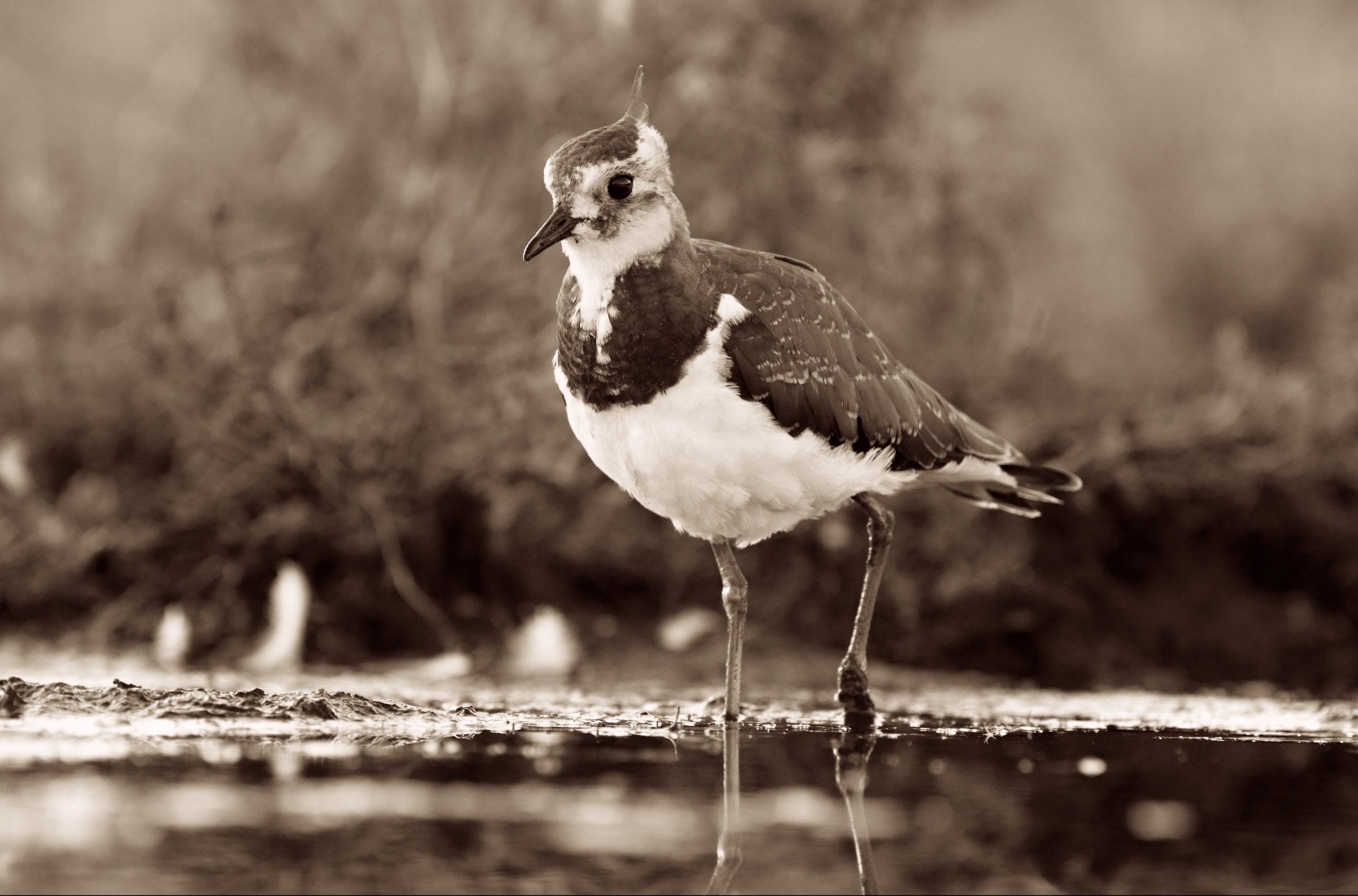The skylark’s Latin name is Alauda arvensis. Roughly translated, it means exaltation from the field, an observation about its song and activity in asserting its territory. The lapwing, too, has a thrilling flight display when it first puts its stamp on its chosen breeding ground. Naturally driven euphoria can also grip the farmer, most powerfully when they expand their domain.
A farm that we rent has recently become available to purchase. At about 145 acres, it is more than a fifth of our farmed area, sits next to the main holding and is divided from it only by a country lane. Horse Eye Farm was available to purchase 18 years ago, but we persuaded the then owner, a brilliant ex-accountant, to rent it to us. We could not have afforded a mortgage at that time. He became as interested as we were (after some subtle persuasion) in the use of the land for the government-backed Countryside Stewardship scheme, here utilised to flood ex-arable fields to encourage nesting lapwing and recreate wetlands, so he agreed terms. We thus took on the farm at an economic rent which, with the subsidy and allied return from our cattle and sheep, was profitable for us too.
After the landlord’s death two years ago, his family have sought to cash in the asset. I initially received the news with a mix of feelings. Excitement at being able to get long term control and misery at a return to the mortgage company. Thoughts on more profitable diversification investment, Brexit and possible eventual division of the farm among my three daughters competed with the surging urge to acquire the precious fields we knew so well. A day with our farm adviser and much head scratching ensued in search of objectivity. Predictably, we put in a fair offer. Miraculously, it was accepted.
‘That’ phone call with the agent took place when I was in the company of close friends. I could not hide my excitement, overwhelmed as I was. Their understanding of the joy I felt was generous and innate too. A chiming of instinctive process in the human soul.
For our time as tenants on Horse Eye we have had to behave with a discipline commensurate with the relationship. That meant minimal fixed investment and few long term alterations. No activities that were not immediately viable or ultimately reversible. In my mind there is a closet in which the repressed wish-list of ideas are stored, nature conservation daydreams and grazier’s reveries, with a solid wooden door marked with a “No you can’t” and “Penury” sign.
Now I have opened the door. Inside is a greater vision of what we can achieve that I am beginning to articulate and plot. Reedbeds and open pools can be increased twenty-fold, new ditches dug to better manage stock and a better set of stock pens built. Breeding bitterns and the peeping call of flocks of winter golden plover will bring an ebullience to these dour marshes. Emotion guided by calculation gives force and direction to the management, but ownership is what most securely allows us to take what were once cereal growing fields to nature reserve condition. Our project, closet matured in the oaken skull of the farmer, can be brought to the landscape like fine wine!
Emotion comes from many intangible sources and my current elation finds root in deep earth. Territorial instinct, ambition and progress in survival are the baser metal of the realisation of goals of farming and nature conservation. Mark Twain advised, “buy land – they’re not making it anymore” while also observing that “principles have no real force – except when one is well fed”. Perhaps John Steinbeck, in his classic evocation of the tragedy of the dust bowls of Oklahoma in the 1920s, The Grapes of Wrath, put it at its ominous best: “Just like heaven. Ever’body wants a little piece of lan’.”







